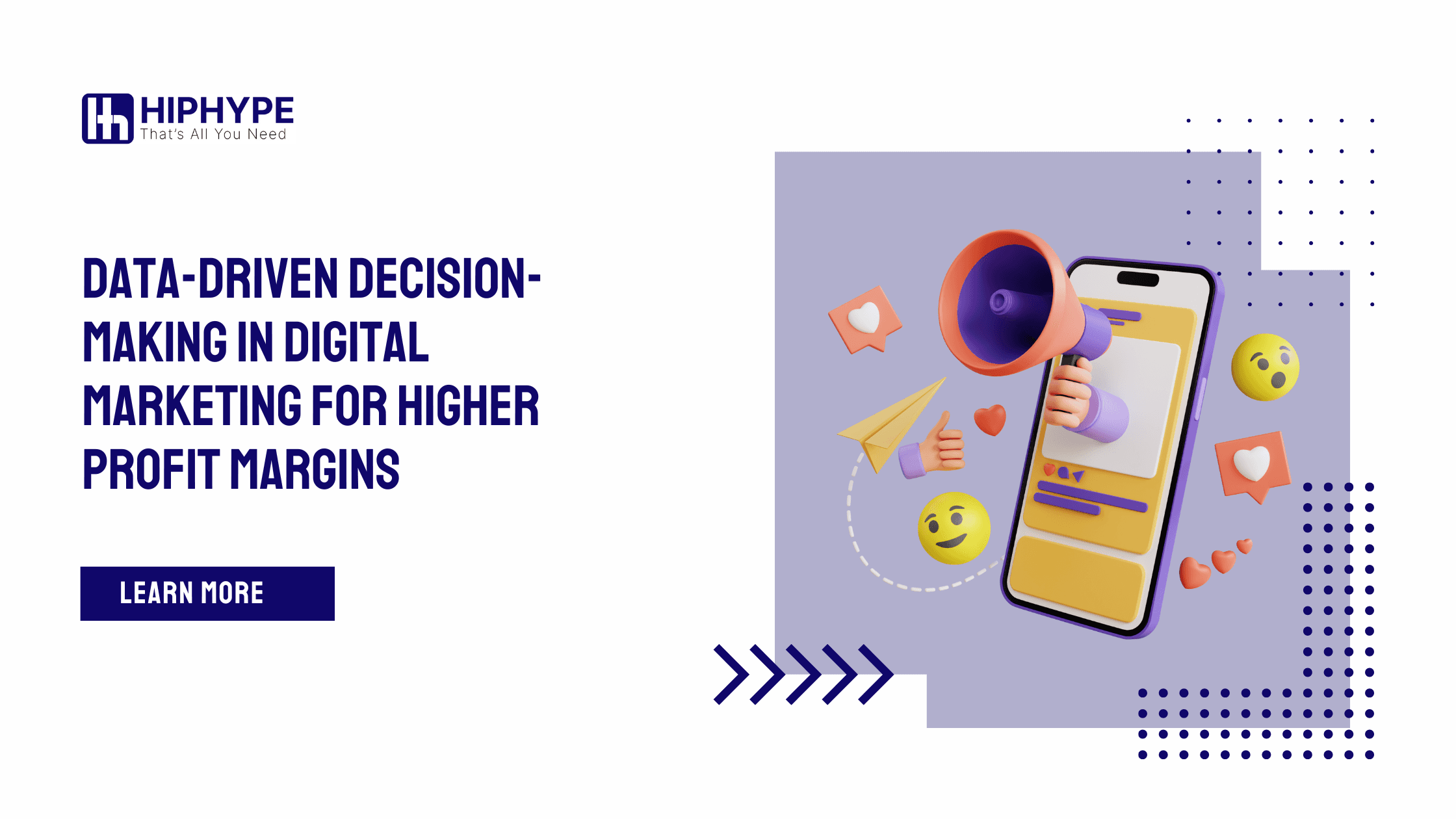The Impact of Social Media Algorithms on Marketing Tactics
Explore how social media algorithms shape marketing tactics and learn how to adapt for better engagement and reach. Get practical tips and insights in this detailed guide.
In the ever-evolving digital landscape, social media algorithms play a pivotal role in shaping how content is distributed and consumed. For marketers, understanding these algorithms is crucial for developing effective strategies. This comprehensive blog delves into the intricacies of social media algorithms, their impact on marketing tactics, and how businesses can adapt to thrive in this dynamic environment.
What Are Social Media Algorithms?
Social media algorithms are complex sets of rules and calculations used by social media platforms to determine which content is shown to users. These algorithms analyze various factors to predict what content will be most relevant and engaging for each individual user. Platforms like Facebook, Instagram, Twitter, and LinkedIn each have their unique algorithms that continuously evolve based on user behavior and platform objectives.
The Evolution of Social Media Algorithms
Initially, social media platforms displayed content in a chronological order. However, as the volume of content grew, platforms began prioritizing posts to enhance user experience. This shift led to the development of sophisticated algorithms designed to surface the most relevant content.
For example, Facebook’s algorithm, known as EdgeRank, originally prioritized content based on user engagement. Over time, it has evolved to incorporate thousands of factors, including user interactions, content type, and recency. Instagram followed suit with its own engagement-based algorithm, while Twitter introduced the "Top Tweets" feature to highlight popular content.
Key Factors Influencing Social Media Algorithms
Understanding the key factors influencing social media algorithms can help marketers create content that resonates with their target audience. Common factors include:
Engagement: Likes, comments, shares, and other forms of interaction signal to the algorithm that a piece of content is valuable.
Relevance: The algorithm considers how relevant the content is to the user based on past behavior and preferences.
Timeliness: Fresh content is often prioritized, although some platforms also consider the evergreen value of posts.
Content Type: Different types of content (e.g., videos, images, links) are weighted differently based on the platform’s objectives.
User Behavior: The algorithm takes into account how a user interacts with the platform, including time spent on the platform and specific actions taken.
The Impact of Algorithms on Marketing Tactics
Social media algorithms significantly influence marketing tactics. Here’s how they affect various aspects of digital marketing:
Content Creation and Curation
Algorithms prioritize high-quality, engaging content. This means that marketers must focus on creating content that resonates with their audience. Visual content, particularly videos, often receives higher engagement and is favored by algorithms. Marketers should also consider user-generated content and interactive posts to boost engagement.
Targeted Advertising
Social media platforms offer advanced targeting options based on user data collected by algorithms. This allows marketers to create highly personalized ads that reach specific demographics. By leveraging lookalike audiences and retargeting, businesses can optimize their ad spend and improve conversion rates.
Influencer Collaborations
Collaborating with influencers who have a strong engagement rate can amplify a brand’s reach. Algorithms favor content from users with high engagement, making influencer partnerships a strategic move for increasing visibility and credibility.
Organic Reach and Paid Promotions
With organic reach declining due to algorithm changes, paid promotions have become essential for maintaining visibility. Marketers must balance their strategies between organic content and paid ads to maximize reach and engagement.
Analytics and Performance Tracking
Social media algorithms provide valuable insights into content performance. By analyzing metrics such as reach, engagement, and click-through rates, marketers can refine their strategies and create more effective campaigns.
Adapting to Algorithm Changes
Social media algorithms are constantly evolving, and marketers must stay agile to adapt to these changes. Here are some strategies to stay ahead:
Stay Informed
Keeping up with algorithm updates is crucial. Follow industry blogs, attend webinars, and participate in online communities to stay informed about the latest changes.
Focus on Engagement
Engaging content is key to algorithm success. Encourage interactions through questions, polls, and calls to action. Responding to comments and messages promptly also boosts engagement.
Diversify Content
Experiment with different types of content, such as videos, stories, and live streams. Diversifying your content mix can help you reach different segments of your audience and stay relevant.
Leverage Data
Use analytics tools to track the performance of your content. Identify trends and patterns to understand what works best for your audience. Adjust your strategy based on these insights.
Build a Community
Foster a sense of community around your brand. Engage with your audience regularly and create content that addresses their needs and interests. A loyal community is more likely to interact with your content, boosting its visibility.
The Future of Social Media Algorithms and Marketing
As technology advances, social media algorithms will continue to evolve. Here are some trends to watch:
Artificial Intelligence and Machine Learning
AI and machine learning will play an increasingly significant role in shaping algorithms. These technologies enable platforms to analyze vast amounts of data and deliver even more personalized content to users.
Augmented Reality (AR) and Virtual Reality (VR)
AR and VR are emerging as powerful tools for creating immersive experiences. As these technologies become more integrated into social media platforms, marketers will need to adapt their content strategies to take advantage of these new formats.
Increased Focus on Privacy
With growing concerns about privacy, social media platforms may adjust their algorithms to prioritize user data protection. Marketers will need to balance personalization with privacy considerations to maintain trust with their audience.
Emphasis on Authenticity
Authenticity will continue to be a key factor in algorithmic favorability. Users are increasingly seeking genuine, relatable content. Marketers who prioritize authenticity in their campaigns will likely see better engagement and reach.
Conclusion
Social media algorithms have a profound impact on marketing tactics. By understanding how these algorithms work and adapting to their changes, marketers can create more effective and engaging content. Staying informed about algorithm updates, focusing on engagement, diversifying content, leveraging data, and building a community are essential strategies for success in the ever-evolving social media landscape.
As technology continues to advance, marketers must remain agile and innovative. Embracing new trends, such as AI, AR, and VR, while maintaining a focus on authenticity and privacy, will be crucial for staying ahead in the digital marketing game. By continuously refining their strategies and staying attuned to the latest developments, businesses can harness the power of social media algorithms to drive growth and achieve their marketing goals.




